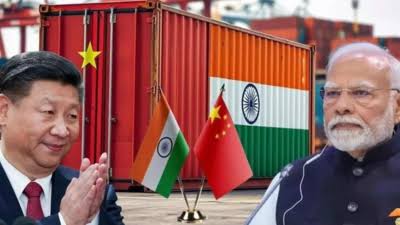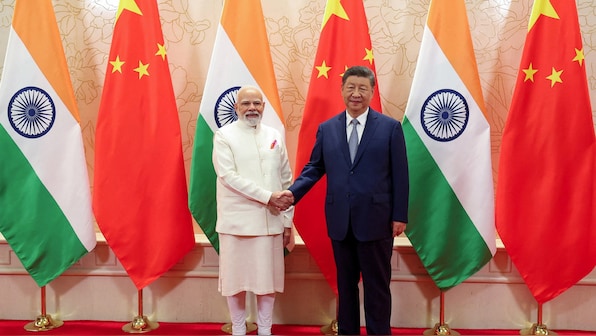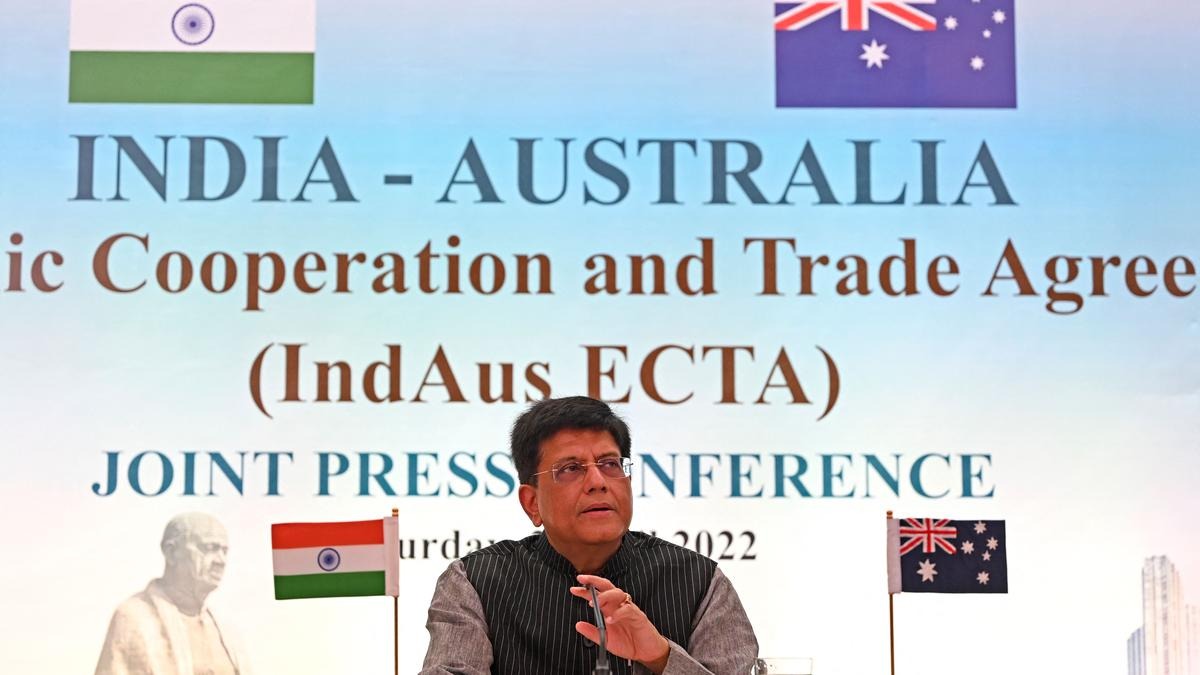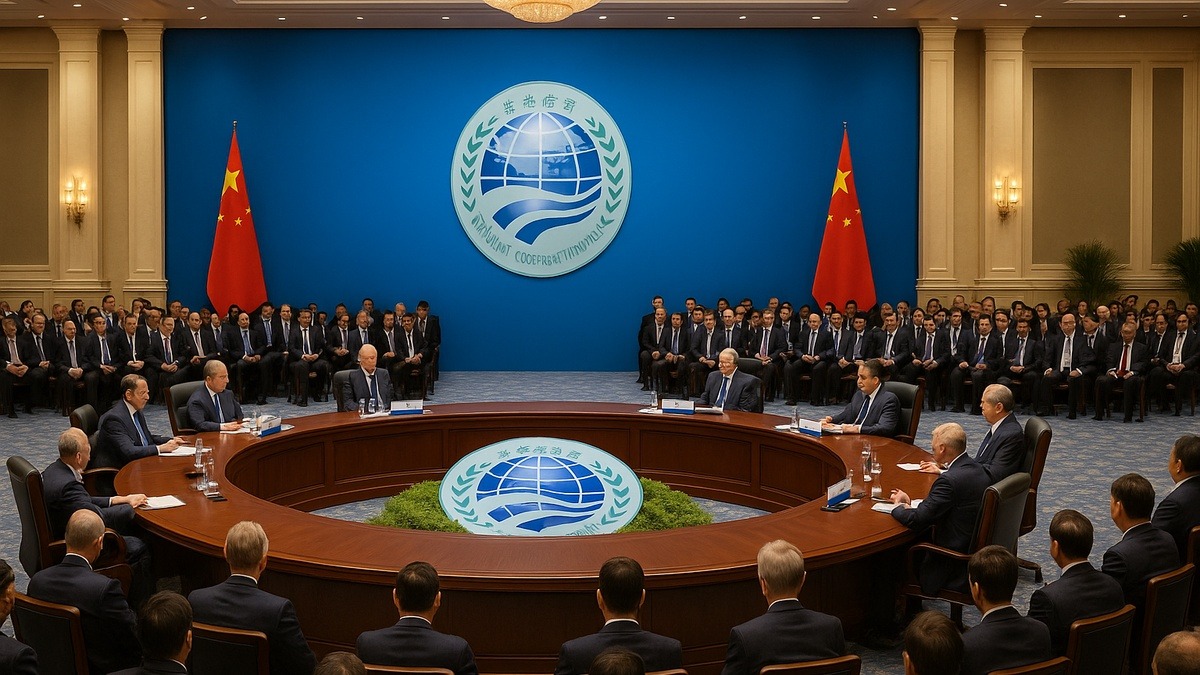 Image Source: Times of India
Image Source: Times of India
In a significant diplomatic development, Indian Prime Minister Narendra Modi met Chinese President Xi Jinping on August 30, 2025, in Tianjin, China, during the Shanghai Cooperation Organisation (SCO) summit. This meeting marked Modi's first visit to China in seven years and came at a crucial time as both nations seek to mend and strengthen their bilateral relations amidst changing global dynamics, including recent economic pressures from the United States.
Key Highlights of the Meeting and Agreements:
-
Prime Minister Modi emphasized the commitment of India and China to progressing their relationship based on mutual respect, trust, and sensitivities, indicating a renewed focus on diplomatic engagement.
-
Both leaders confirmed that peace and stability have been maintained on the contested border between the two countries, a positive sign following years of tension and military standoffs.
-
Modi announced the resumption of direct flights between India and China after a hiatus of over five years, signaling a step toward restoring people-to-people ties and economic connectivity.
-
The leaders discussed cooperation on border management and trade facilitation, aiming to build greater trust and reduce friction.
Revival of Diplomatic and Economic Links
Prime Minister Modi's visit to Tianjin coincided with the two-day SCO summit attended by regional leaders, including Russian President Vladimir Putin. The meeting underscored India's strategic intent to diversify partnerships and foster stability in the region. The dialogue with Xi Jinping reflected a mutual recognition of the need to maintain peace on the Himalayan border, especially after the deadly clashes in 2020 had led to a prolonged standstill in relations. Modi noted that an agreement on border management had been reached but refrained from sharing detailed specifics.
Resumption of Direct Flights and Its Significance
The announcement to restart direct flights between India and China, paused for more than five years mainly due to pandemic disruptions and border tensions, marks a major breakthrough. Since early 2020, travelers have been forced to use indirect routes through third countries, causing inconvenience and increased travel costs for businesspeople, students, and families.
This initiative aims not only to reduce travel time and expenses but also to revive business, tourism, and cultural exchanges, fostering closer people-to-people contact. Airlines in India, including IndiGo and Air India, have expressed readiness to reinitiate these routes pending regulatory approvals expected by the winter of 2025.
Broader Context and Strategic Implications
The meeting took place against a backdrop of escalating US economic sanctions against India, particularly a recent 50% tariff imposed due to India's procurement of Russian oil. Analysts interpret the Modi-Xi discussions as a strategic display of unity by India and China in response to Western economic pressures.
Both countries demonstrated an intent to strengthen regional cooperation through platforms like the SCO, where issues of mutual interest including terrorism, trade, and security are addressed collaboratively. The desire to maintain peace on the border and improve economic ties suggests a cautious but deliberate thawing of ties after years of mistrust.
Future Prospects for India-China Relations
The current trajectory indicates India and China are willing to engage constructively to stabilize their often-contentious relationship. Steps such as setting up expert groups to resolve border disputes, improving trade facilitation, and enhancing cultural cooperation reflect a multifaceted approach to building trust. The upcoming BRICS summit to be hosted by India in 2026 also offers a platform for further dialogue.
However, challenges remain, particularly in managing strategic competition and addressing deeper political issues. Maintaining border stability will require continuous diplomatic and military engagement, alongside confidence-building measures.
Sources: Reuters, CNN, Economic Times, Gabatravel, Bloomberg, Gulf News
Advertisement
Advertisement






